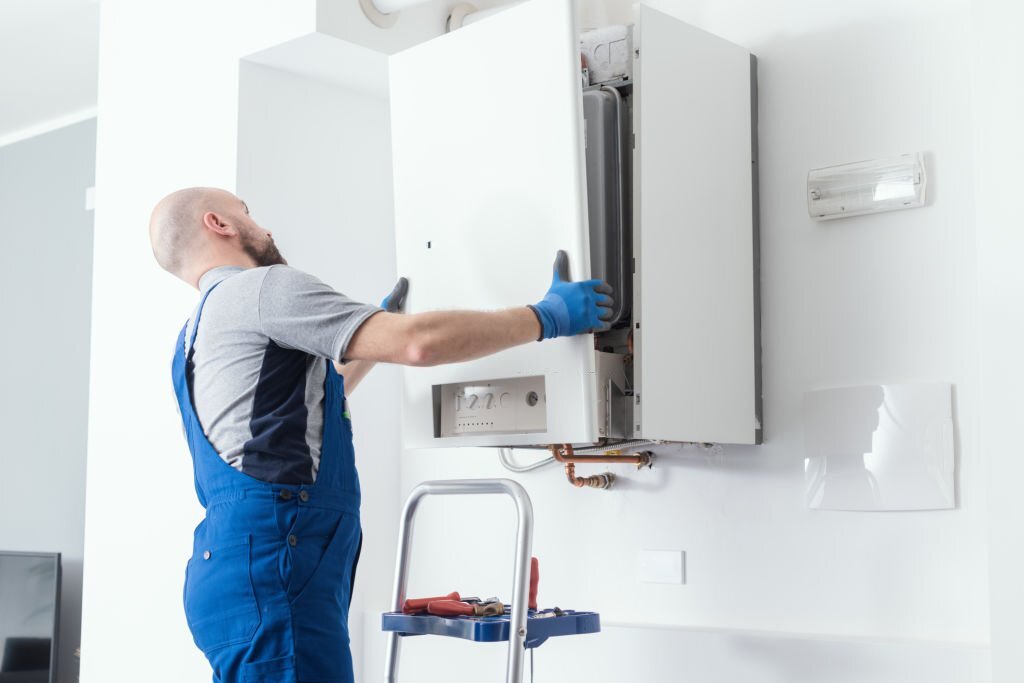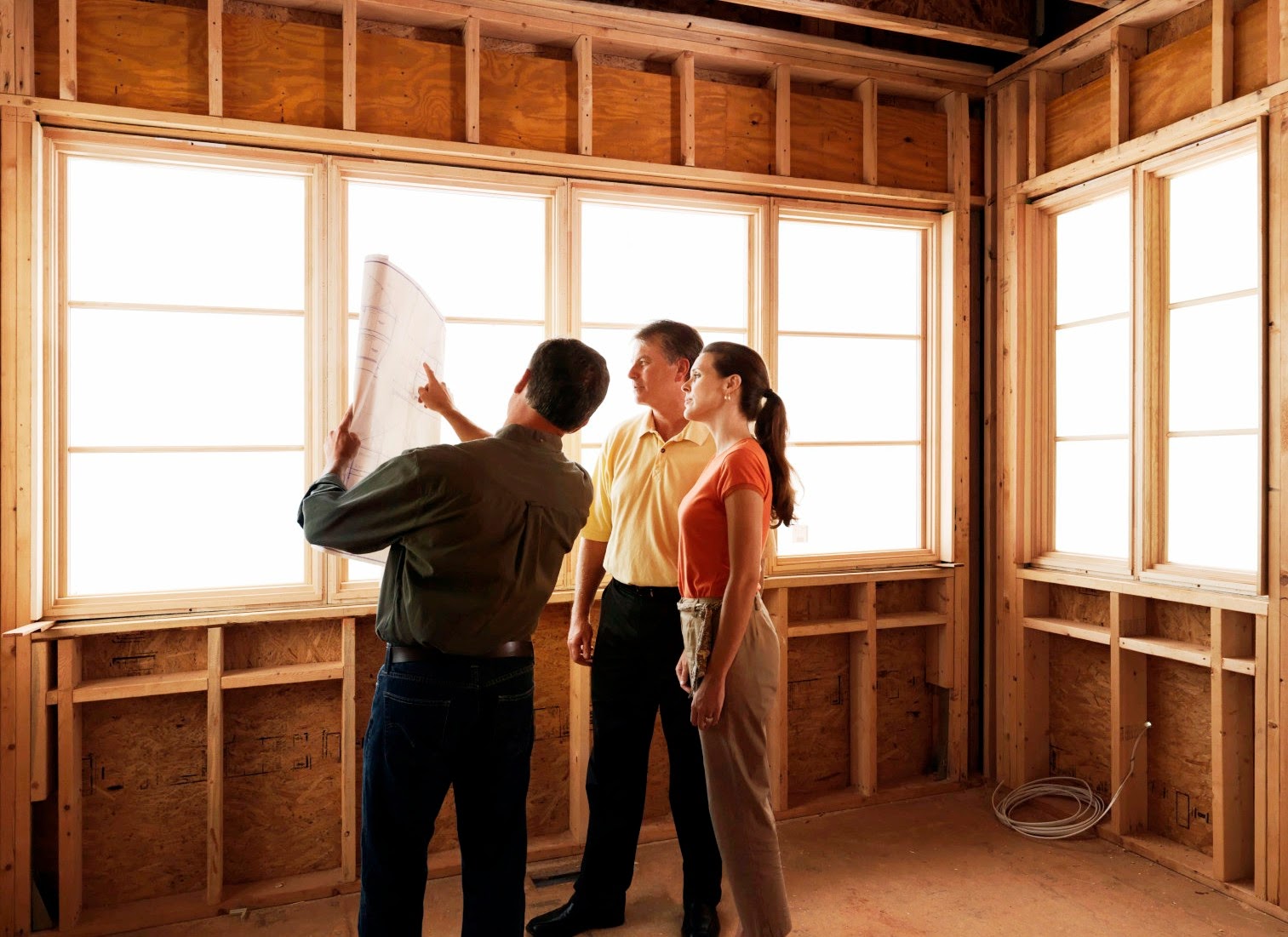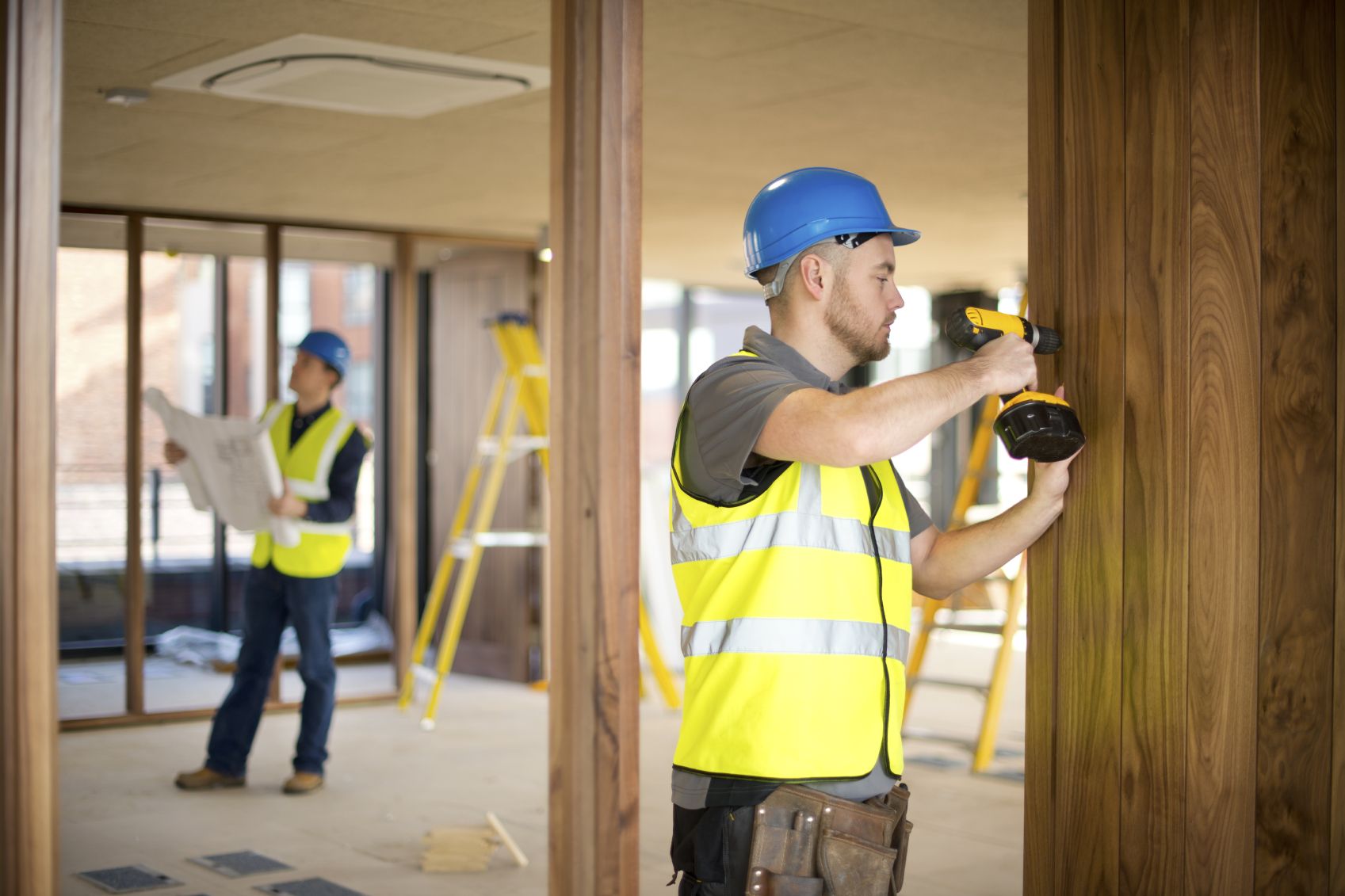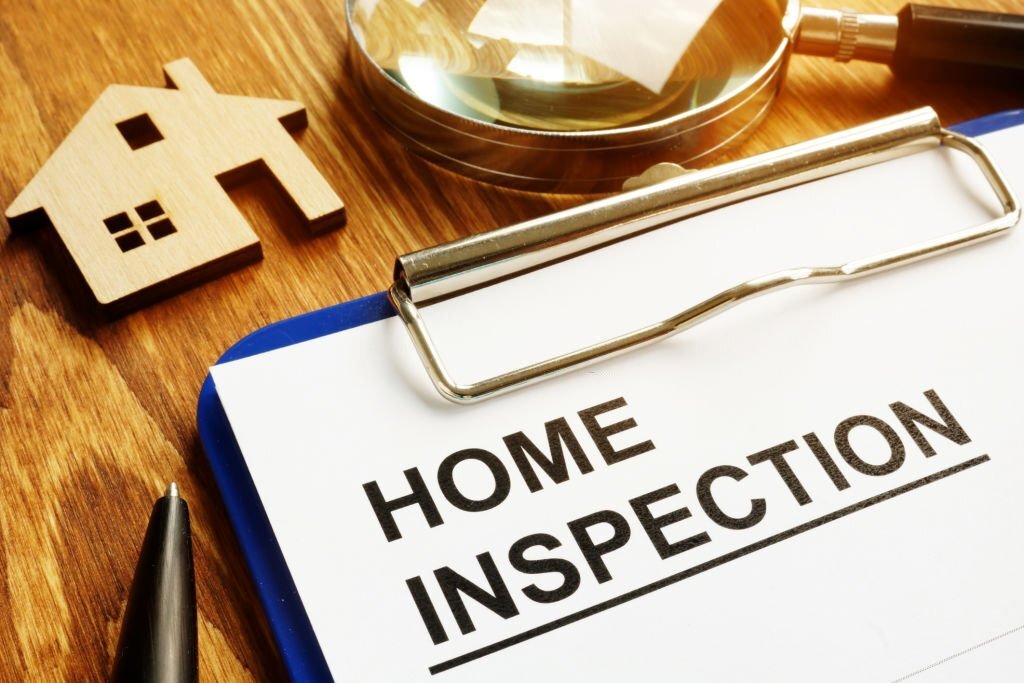The Importance of Radon Testing in Atlanta

Radon gas, an invisible and odorless radioactive gas, is a silent menace that poses a significant health risk to residents in the Atlanta metropolitan area. In this article, we will delve into the critical importance of radon testing in Atlanta, aiming to raise awareness about this hidden danger and its potential health consequences.
Understanding Radon:
Radon is a naturally occurring radioactive gas produced by the decay of uranium in soil, rocks, and groundwater. It can enter buildings, including homes, through the ground and accumulate to dangerous levels if not properly managed. The risks associated with radon exposure are substantial, as it is the second leading cause of lung cancer, following smoking, in the United States.
Atlanta’s Radon Risk:
One of the crucial aspects of understanding the importance of radon testing Atlanta is recognizing that the risk is not uniform across all geographical regions. Atlanta, like many other parts of the United States, has geology and soil compositions that can release radon gas. This geological composition creates an environment where radon can infiltrate homes and buildings, making it essential to assess and manage the risk.
Infiltration Pathways:
Radon gas can find its way into homes through various pathways. Cracks in foundations, gaps around pipes, sump pits, and even well water are common entry points. It is important to identify these entry points to develop effective mitigation strategies.
Long-Term Exposure:
Radon exposure is a long-term risk factor for lung cancer. The symptoms of radon exposure may not become evident for many years, and by the time they do, the damage may already be done. Testing for radon is the first crucial step in reducing this insidious health risk.
Testing Methods:
There are different methods available for radon testing. Short-term tests typically last from two to seven days and provide a quick snapshot of radon levels. Long-term tests, on the other hand, measure radon levels over an extended period, usually more than three months, providing a more comprehensive understanding of year-round exposure.
DIY vs. Professional Testing:
While homeowners can access do-it-yourself (DIY) radon test kits, experts often suggest opting for professional radon testing to guarantee accuracy and peace of mind. Certified professionals possess the training and experience required to conduct tests correctly and provide reliable results.
Building Regulations:
Some areas in Atlanta have adopted radon-resistant construction standards. Homeowners need to be aware of these regulations, as they can significantly impact the safety of their homes. New constructions often have radon-resistant features, but older buildings may lack such safeguards.
Mitigation:
If elevated radon levels are detected, mitigation systems can be installed to reduce radon levels in a home. These systems typically involve the installation of ventilation systems, such as sub-slab depressurization, which directs radon gas away from the living areas of the house. These mitigation systems are highly effective and offer peace of mind for residents.
Real Estate Transactions:
In Atlanta, radon testing is frequently a crucial aspect of real estate transactions. Buyers and sellers alike should consider radon testing to ensure that the property in question is a safe and healthy living environment. Testing results can influence purchase negotiations and provide buyers with vital information about the home they intend to buy.
Radon Map:
The Environmental Protection Agency (EPA) maintains a radon risk map that highlights areas with a higher potential for elevated radon levels. Atlanta and its surrounding regions feature areas with elevated risk, emphasizing the necessity of testing for radon to safeguard the health and well-being of residents.
Protecting Your Family:
Radon exposure is not a matter to be taken lightly. It can lead to lung cancer and other respiratory issues. Testing your home for radon is a proactive measure to protect against these health risks and ensure the safety of your family.
Children and Radon:
Children are more vulnerable to radon exposure due to their developing respiratory systems. Ensuring that your home has safe radon levels is a vital step in safeguarding the health and future of your children.
Peace of Mind:
Knowing that your home’s radon levels are within safe limits provides peace of mind and reassurance for you and your family. It eliminates the uncertainty that comes with potential health risks associated with radon exposure.
Health Implications:
Radon exposure is not a trivial matter. Prolonged exposure to elevated radon levels can result in lung cancer, particularly among smokers. The risk is higher for individuals who both smoke and are exposed to radon, making it imperative to address radon-related concerns.
Environmental Impact:
In addition to the health risks, radon exposure has environmental implications. Reducing radon levels in your home is a responsible environmental choice as well. It minimizes the release of radon gas into the atmosphere, helping to protect the environment.
In conclusion, radon testing in Atlanta is of paramount importance for the health and safety of its residents. Given the serious health risks associated with radon exposure, homeowners and prospective buyers must take the necessary steps to protect themselves and their families. By testing for radon and, if necessary, implementing mitigation measures, you can ensure a safe and healthy living environment, giving you peace of mind and protecting the well-being of your loved ones. Don’t wait to take action; safeguard your family by testing for radon today.



